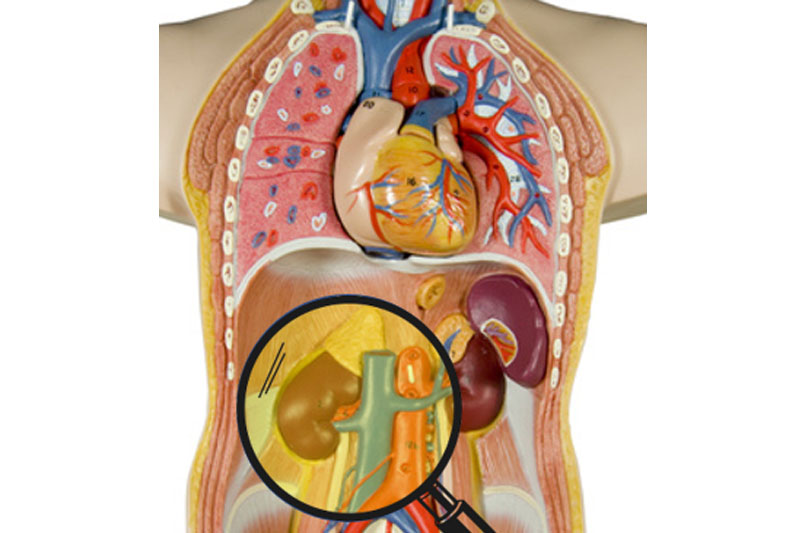In einem von der FFG geförderten, interdisziplinären Forschungsprojekt, in dem Mediziner, Physiker und Techniker aus dem universitären und wirtschaftlichen Umfeld zusammenarbeiten, soll wissenschaftliche Grundlagenforschung in die klinische Routine transportiert werden, um so in Zukunft das Leben vieler Menschen retten zu können.
Robert Nuster und Günther Paltauf vom Fachbereich Experimentalphysik der Karl-Franzens-Universität bringen es auf den Punkt: Ziel dieses Projektes ist die Entwicklung eines photoakustischen bildgebenden Verfahrens zur Erforschung der Mikroperfusion im Schweinemodell und an humanen, nicht transplantablen Organen. Die Abbildung einzelner Blutgefäße, die Charakterisierung der Blutflüsse in peripheren sowie zentralen Regionen, sowie die Messung der Oxygenierung sind einige Daten, die mit der photoakustischen Bildgebung gewonnen werden können. Diese sollen mit gängigen Diagnosemethoden verglichen werden, um eine Korrelation mit molekularbiologischen, immunologischen und histologischen Parametern zu ermöglichen. Durch die somit gewonnene exakte Charakterisierung der Mikroperfusion erwartet man eine bessere Beurteilung der Organqualität. Damit hätte man eine innovative Methode, um Therapieformen zur Verbesserung der Transplantatfunktion zu erproben und würde auf lange Sicht die Anzahl der transplantablen Organe erhöhen.
Kooperationspartner: Transplant Chirurgie der Medizinischen Universität Graz und die Fa. MIDES GmbH
